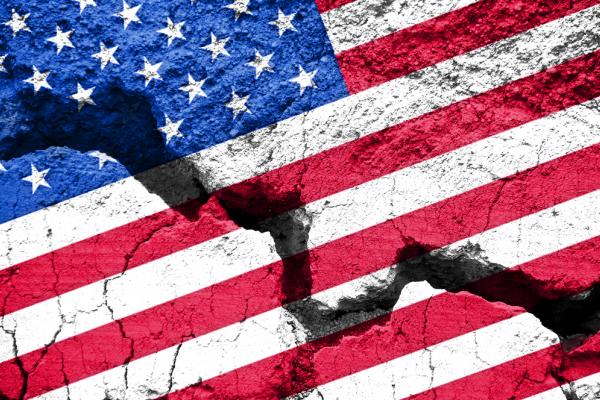Mar 16, 2017
I thought about my own will to division — how I was inclined to cut out from my circle of care those who, it seemed to me, had chosen to elect leaders who relish division, scapegoating, dog whistling, and control. I thought about our Buddhist siblings’ reminder that there is no separation between these hatreds — that to choose division myself is to cut out a part of our general body that is central to the compassion and fierce love through which lasting change comes.
Read the Full Article

Already a subscriber? Login
